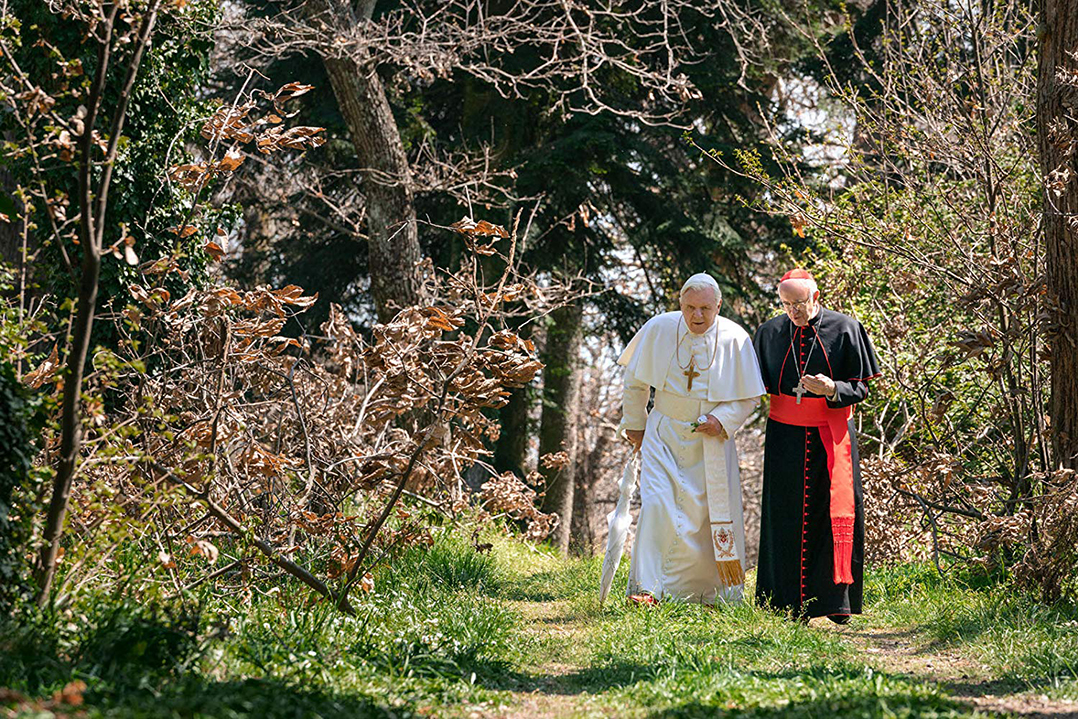In 2013, Pope Benedict XVI invited Cardinal Jorge Mario Bergoglio of Argentina to join him for a weekend at the Vatican in Rome. Cardinal Bergoglio’s goal was to use the weekend to announce his retirement and ask the pope for his blessing. Instead, the pope shocked the cardinal by disclosing that he was in fact considering retiring and would suggest the cardinal as his successor.
It’s not often that popes retire. Most serve for life. Why would Benedict consider such a radical move? There are always health concerns, of course. But then what pope hasn’t experienced a health scare or two? No, there was something deeper here. And it had to do with the direction of the Catholic church.
When Benedict was elected following the death of the beloved John Paul II in 2005, there was serious discussion amongst the voters surrounding the direction of the church. John Paul had been a firm believer in strict Catholic doctrine – particularly as it pertained to the challenging moral and ethical values of the day, such as abortion, euthanasia and gay rights. Benedict agreed with John Paul on almost all counts. But a reform movement was brewing among many church leaders – particularly in the Western Hemisphere. A movement in which the church welcomed gay and lesbian members, accepted the reality of birth control and wasn’t so harsh to judge young women faced with unwanted pregnancy.
By default, Cardinal Bergoglio was one of the leaders in this movement. He spoke eloquently about his desires for the direction of the church, but he lived humbly – never assuming the persona of a domineering leader. In a way, he was the perfect person to gingerly guide the Catholic church – seeped in centuries of tradition – into modern times.
But why would Benedict, a pope who upheld strict church doctrine, look to a reformer as his successor? Perhaps because Benedict knew reforms were overdue; and he knew he wasn’t the person to lead the church through a period of rebuilding and transforming. Not only were there ethical issues in a rapidly changing world, but there was the lingering Catholic priest sex abuse scandal. Bergoglio had been one of the harshest critics of priests accused of sexual misconduct – and of the church leaders who moved them from parish to parish, rather than eliminating them from the church altogether. There also was the concern of the vast migration of young people away from organized religion. Nowhere was this exodus more pronounced than in the Catholic church – viewed by many outside Catholicism as rigid and unchanging.
While none of us was privy to the entire weekend of discussions between the two church leaders, playwright Anthony McCarten took a stab at imagining this discourse in his 2017 production “The Pope,” which has now been made into a major motion picture by Brazilian director Fernando Meirelles called “The Two Popes.” At first, such a film might not seem to be of interest to anyone except active Catholics. But Meirelles has churned out one of the most pleasant surprises of the year in his tender and moving production.
Veteran British actors Anthony Hopkins and Jonathan Pryce, respectively, play Benedict and the man who would become Pope Francis. If there were ever any question as to the brilliance of these two veterans of the stage and screen, it vanishes with “The Two Popes.” Hopkins is so good in the role of the consummate church leader that we believe from the outset that he is a lifelong Catholic – although he is not. And when Pryce speaks into the camera in his Latin American accent, we believe we are watching the pope himself, rather than an actor.
The acting achievement of the two leads is phenomenal. But McCarten’s adapted screenplay is the fuel that feeds this fire. Again, any of us can only imagine the intricacies of these proceedings. But I have to believe McCarten nails the gist of the discussions that permeated the Vatican that weekend. These two leaders almost immediately delve into deep theological discussions about scripture and church doctrine. Their differences are obviously pronounced.
But it’s the lighter moments that make “The Two Popes” shine. When Francis introduces Benedict to watching soccer on television, it’s as though a child is familiarizing another with the joys of watching Bugs Bunny. Their discussion about Beatles music works not only as comic relief, but it serves to humanize two men often viewed as stodgy and serious. After all, how many times has any of us seen a pope laugh? I mean laugh out loud. A good belly laugh. We get that here.
By the time Francis hops a plane to return to Argentina, we’ve not only witnessed a changing of direction of the Catholic church, but we’ve also come to know these two men. We feel like we have a better understanding of the changing of the guard that has occurred during the past six years. This change was not so much a revolution as it was a modification. The new regime didn’t force out the hardliners, as some might suspect No, this was a more subtle development – predicated by two men who fully understood their places in church and world history.
“The Two Popes” is one of this year’s pleasant surprises. And its appeal will not be confined to Catholic audiences. Take a couple hours and experience the joy of watching two grand professional actors interpret one of the most important weekends in recent history.



